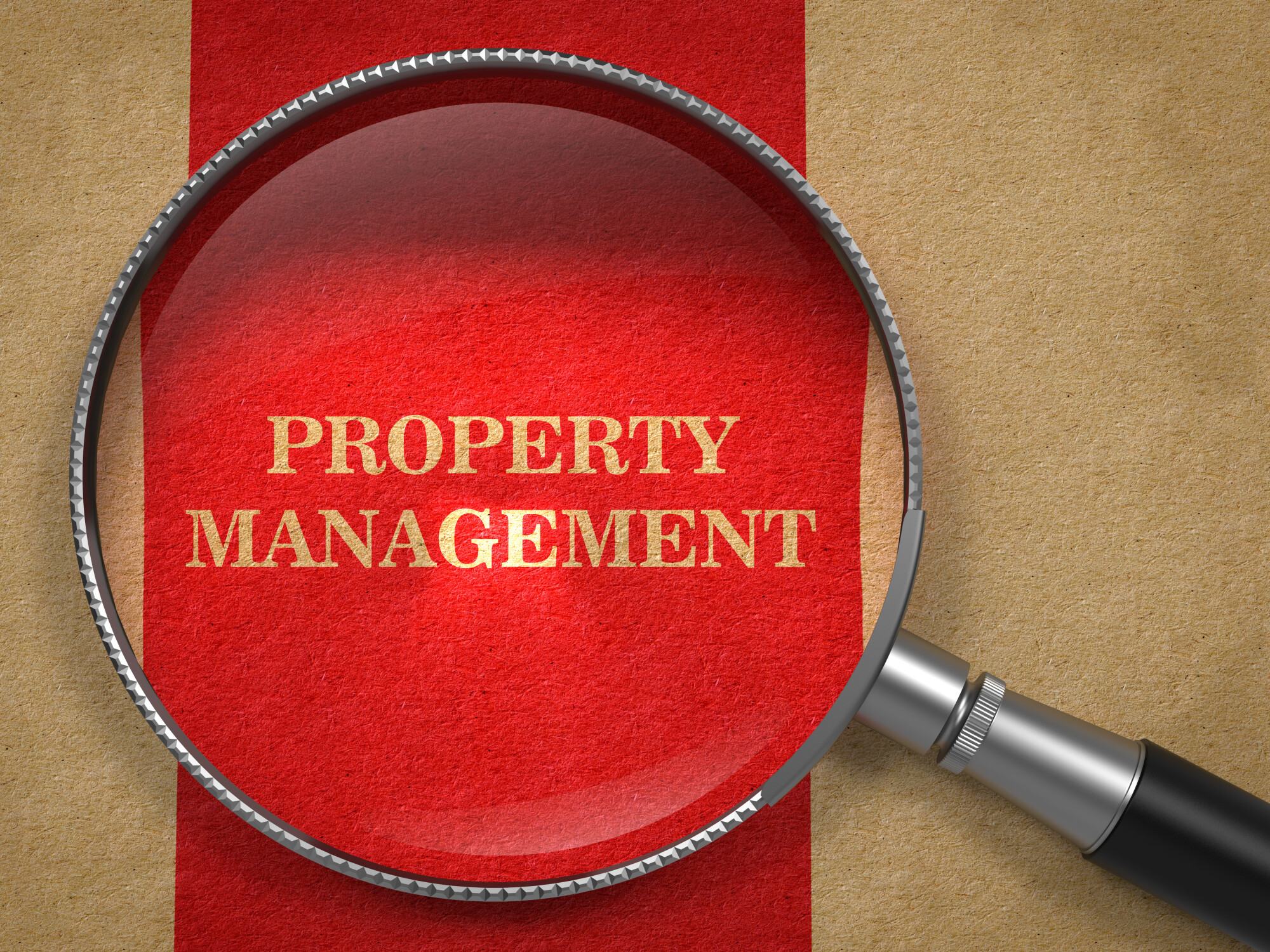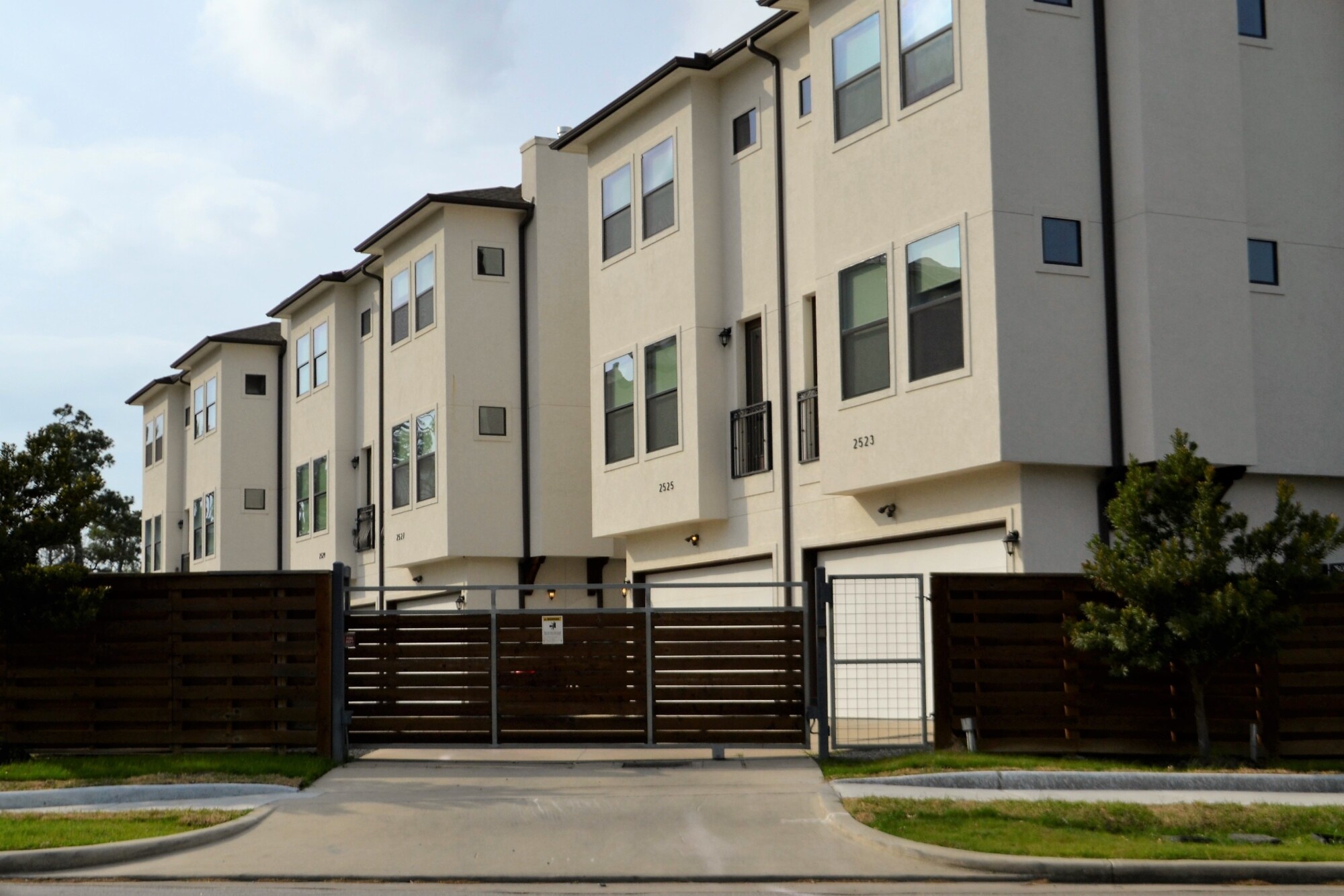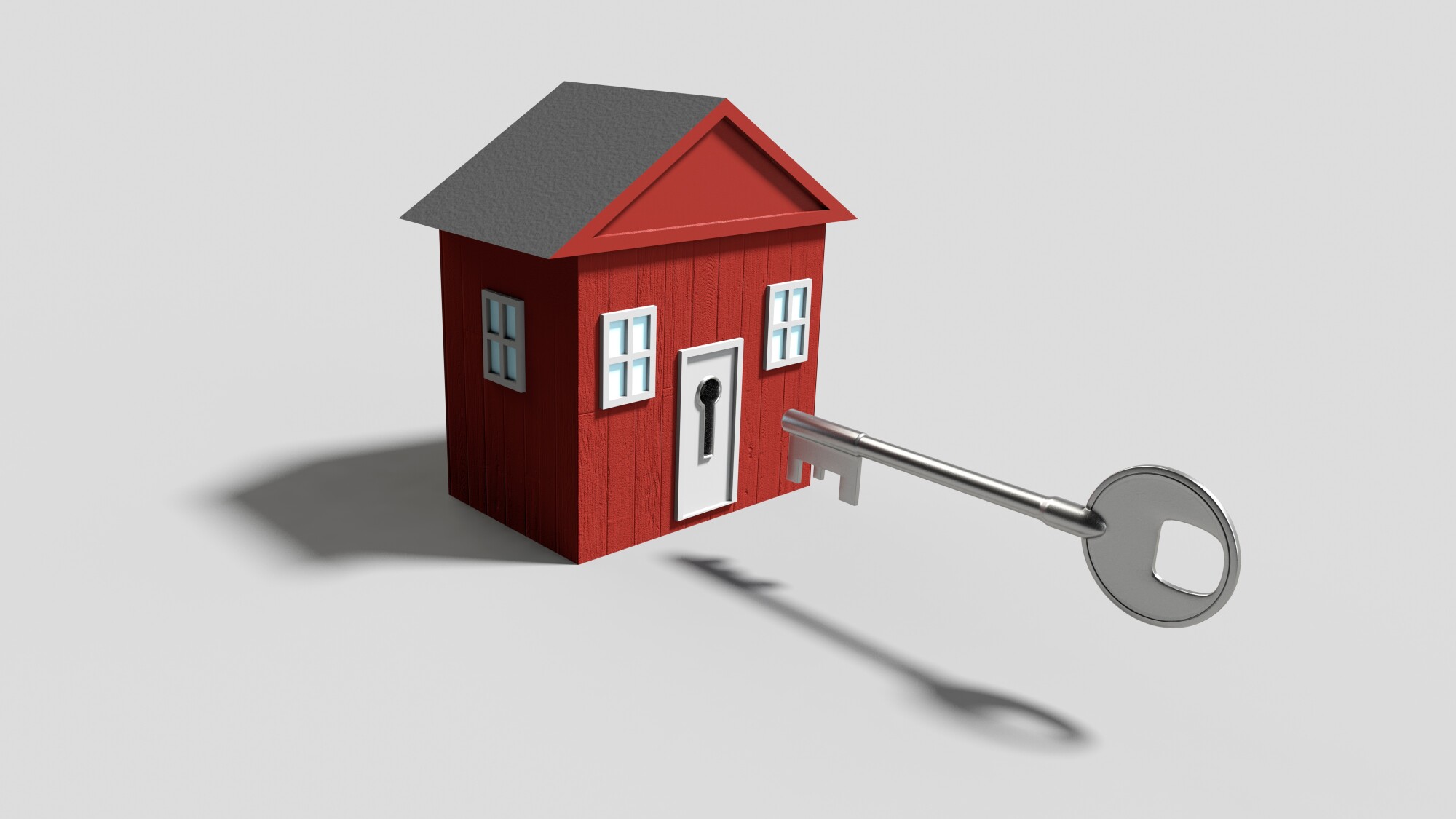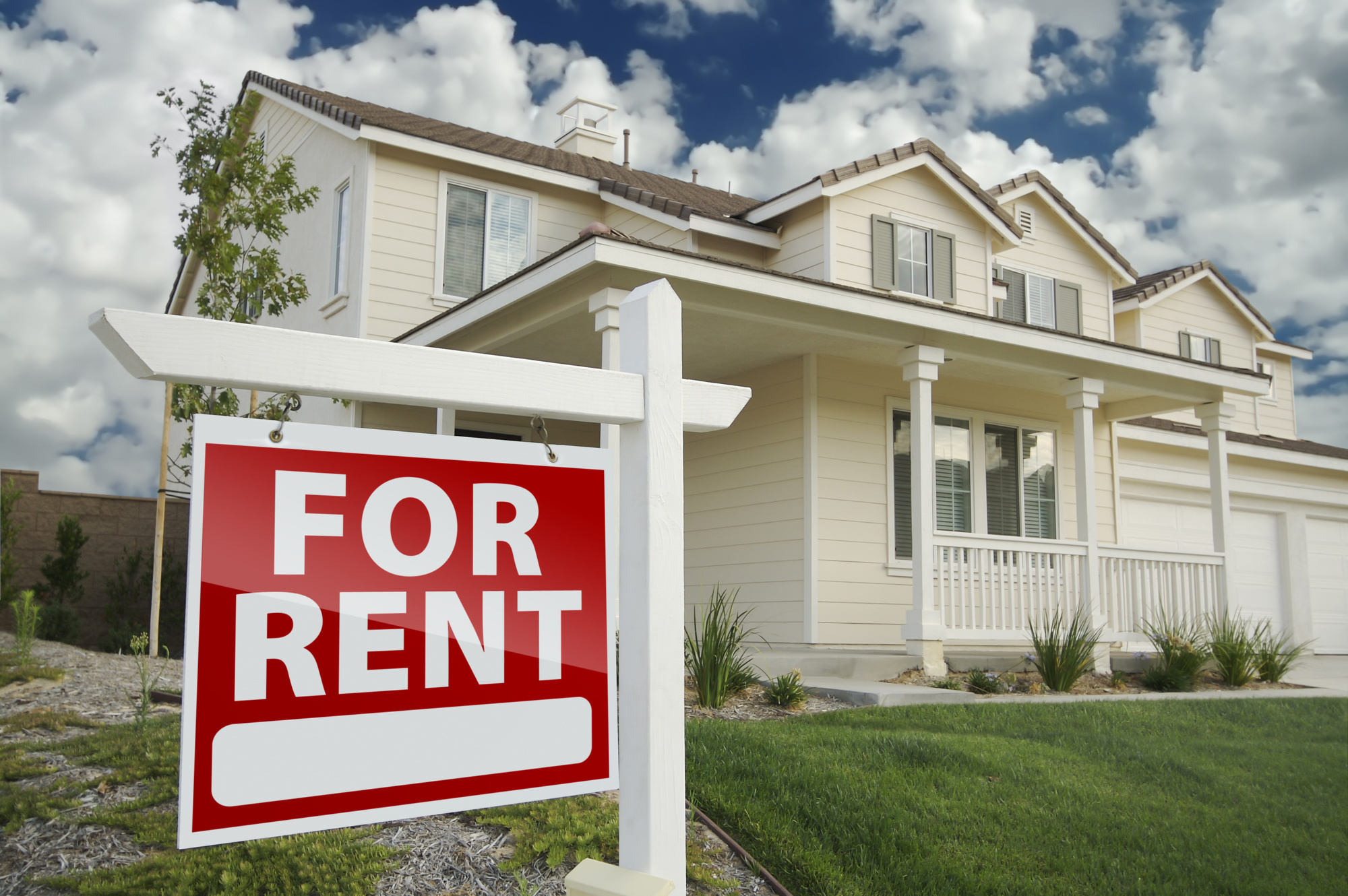When you have a house you’d like to rent out, having to manage it can be the thing that prevents you from turning it into an investment. This doesn’t have to be the case, since there are plenty of property managers that can take it over for you. Property management is a field that has a… Continue reading Property Management Near Me: 5 Myths Debunked
Blog
A Complete Guide to Hiring Property Managers
The roof needs fixing, there’s a leak in the basement, and the dryer stopped working. Those are just the texts you’ve gotten from your tenant in the last week. If you’re new to property management, you’re likely trying to do everything yourself. And while that’s doable and frugal in some situations, it’s not the right… Continue reading A Complete Guide to Hiring Property Managers
A Quick Property Manager’s Guide to Rent Collection
Statistics show that 100.9 million people live in rentals throughout the United States. This means that several landlords and property managers are in charge of collecting rent from their tenants each month. How can you help make this process successful for both you and your tenants? Where are you facing the most trouble with this process… Continue reading A Quick Property Manager’s Guide to Rent Collection
How property Management Can Save a Landlord Money
Paying for a property manager for your rental property might sound like a costly endeavor. When you’re a landlord, maximizing the profit on your rental property is always the number one priority. Bringing in property management to do some of the work that you’ve been doing might seem like an unnecessary expense. In this post, however, we’re… Continue reading How property Management Can Save a Landlord Money
How to Choose the Right Full Service Property Management for You
At the start of the year (2021), more than 10 million Americans were behind in their rent payment. Most of these people were using the pandemic as their excuse for failing to pay rent on time. As a landlord, it’s challenging to deal with such tenants. You don’t know how to evict them or push… Continue reading How to Choose the Right Full Service Property Management for You
How to Choose the Best Real Estate Management Company
Are you looking to hire a real estate management company to oversee your properties? Hiring the right real estate managers is the key to a successful management strategy. A real estate management team will take care of everything about your property, from finding tenants to collecting rent. And if repairs come up, they can handle them so… Continue reading How to Choose the Best Real Estate Management Company
The Owner’s Guide to Finding Tenants: How to Screen Candidates
For a rental property owner, finding tenants is one of the trickier parts of the job. You want tenants that are reliable, dependable, and prompt with their rent payments. But it can be difficult to tell what kind of tenant a person will be just by meeting them. This is why properly screening all of your property’s… Continue reading The Owner’s Guide to Finding Tenants: How to Screen Candidates
Top 5 Factors to Consider When Choosing Property Managers
Do you know which is the most common service provided by a property manager? That’s an important statistic when researching your property manager options. In fact, 80% of a property manager’s duties comprise maintenance and rent collection. There are many other things to examine before selecting a management company. Here are the top 5 factors to… Continue reading Top 5 Factors to Consider When Choosing Property Managers
5 Questions to Ask Your Property Management Company
A property management company helps to maintain a residence and its occupants without the owner’s daily input. If you’ve invested in multiple properties, there’s a good chance you’ll need their help with upkeep and covering costs. Every company is different, however, so you can’t go in assuming they’ll handle all of your needs. You also… Continue reading 5 Questions to Ask Your Property Management Company
The Ins and Outs of Property Management Made Simple
You already know that real estate is a good investment. Why wouldn’t you buy a property if someone else can pay off the mortgage for you? But you also know (and have heard) that some tenants can come straight from hell – and you don’t want to experience that when you’re using these properties to… Continue reading The Ins and Outs of Property Management Made Simple









